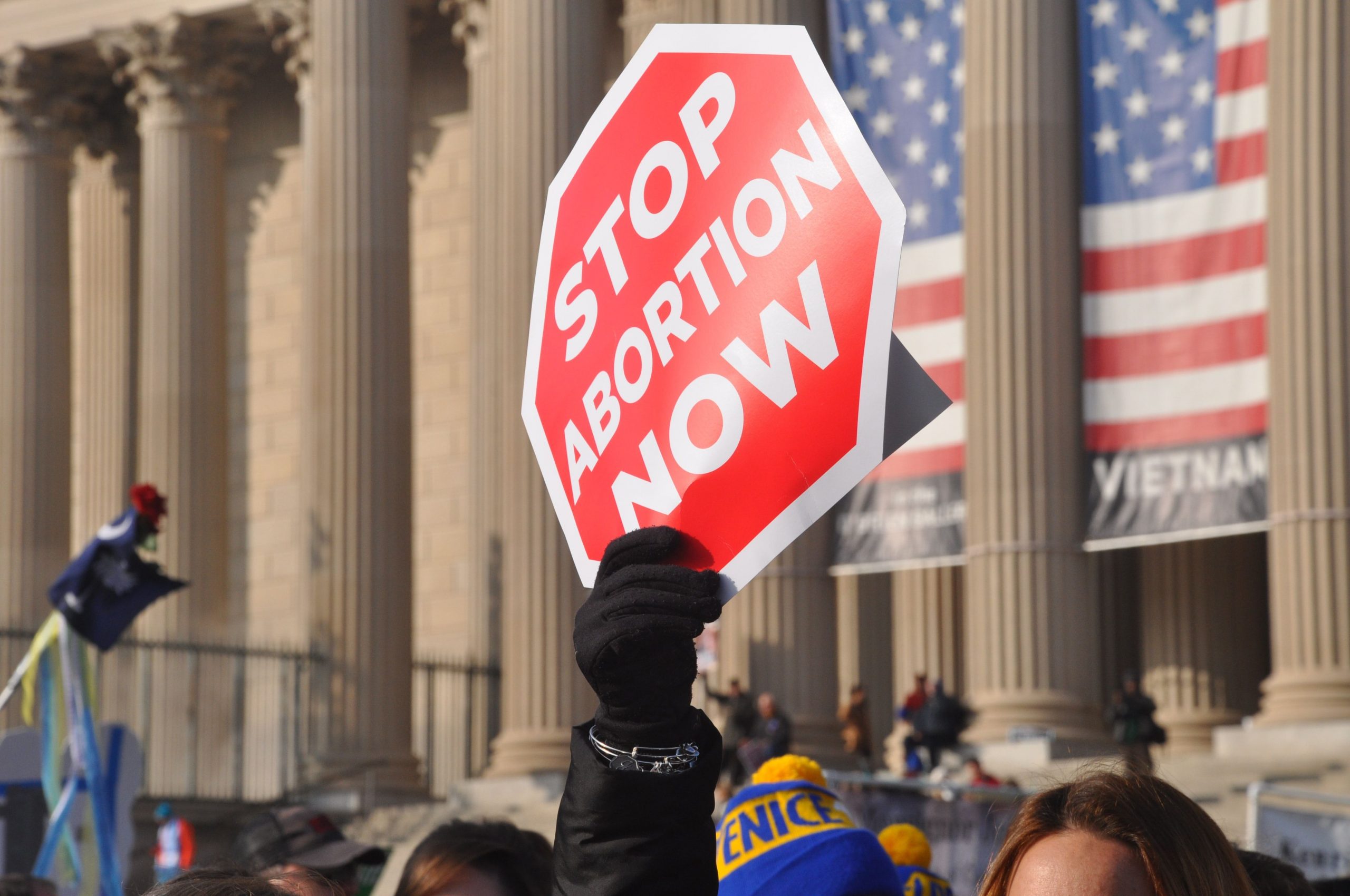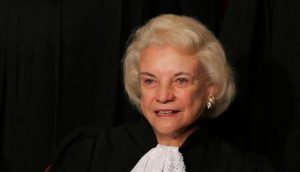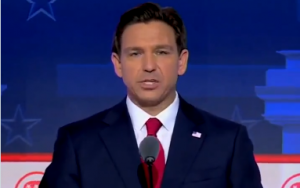The Supreme Court has overturned Roe v. Wade and it could affect the LGBT community as it may lead to severe consequences in terms of mental and physical health, socioeconomic status and right to marriage, advocates and legal experts have warned.
“All of these rights are unenumerated and you know, if you tug on the Roe thread it’s like playing a really horrible game of Jenga,” Melissa Murray, Frederick I. and Grace Stokes Professor of Law at New York University, told The Hill.
Following the leaked Supreme Court decision that suggests Roe v. Wade will be overturned, it could effectively eliminate federal protections for abortions.
Also Read | After abortion rights, how US gun laws have drawn attention to SCOTUS
Justice Samuel Alito wrote in the opinion that Roe v. Wade was “egregiously wrong.”
News of the leaked draft opinion has sent shockwaves through the nation, even though the draft is not the final decision on the matter.
LGBT advocates are warning that the overturned of Roe v. Wade does not exclusively impact straight, cisgender women.
“There’s so much about LGBTQ liberation and reproductive justice that connects us…and connect our movements. You know, the foundation of our movements were built on you know, freedom, you know, sexual freedom,” said Kierra Johnson, executive director of the LGBTQ Task Force.
Members of the LGBT community including queer women, non-binary people and transgender men go to reproductive health care facilities for abortion access.
“The right to access abortion, the right to make important decisions about one’s life and health care including abortion are fundamental to the ability of LGBTQ people and everyone to be able to live their lives…” Sharon McGowan, legal director of Lambda Legal said.
If Roe is overturned, the ability to access inclusive abortion care is also at stake.
Carrying an unwanted pregnancy to term could be dysphoric for transgender and non-binary people.
Also Read | US completely insane for overturning Roe v Wade: David Cronenberg at Cannes
“I think in general, forcing anybody to be pregnant is violent,” said D. Odeja, senior national organizer at the National Center for Transgender Equality. “[Then] there’s the gender dysphoria that comes with being forced pregnancy upon a person…I think…that the thing we want to make clear is that there are trans people who do get pregnant and they need abortion.”







